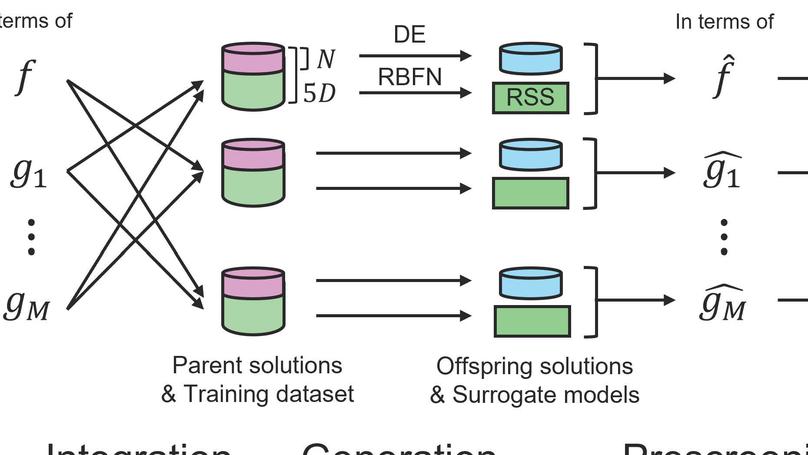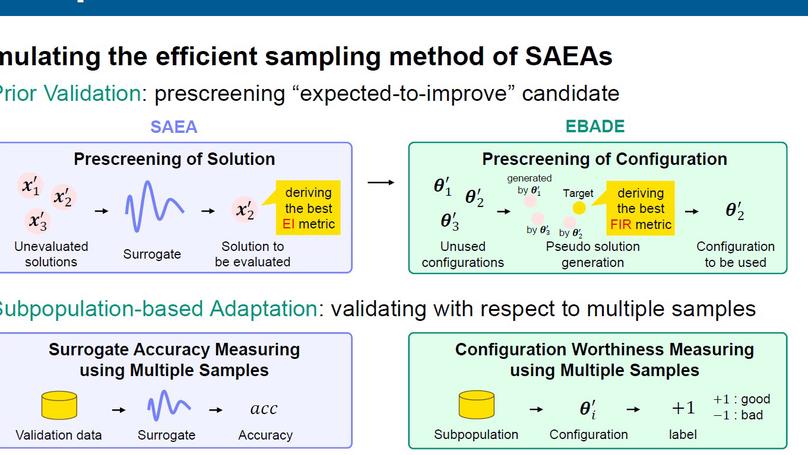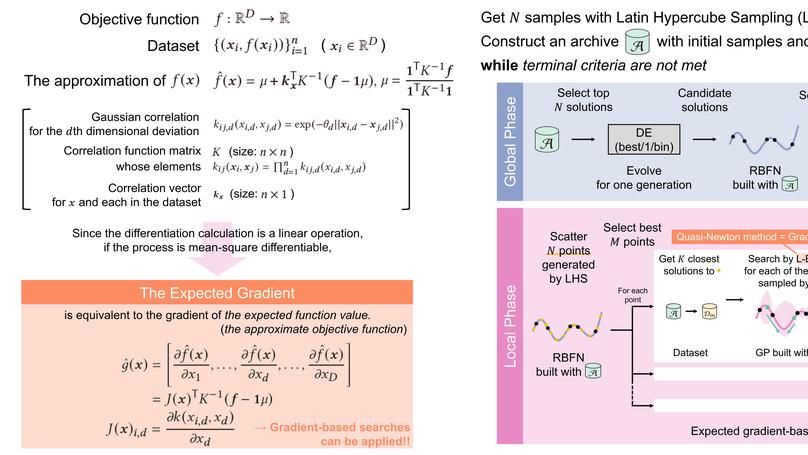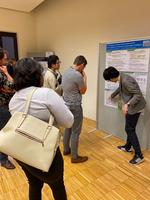Biography
Kei NISHIHARA received B.Eng. and M.Eng. from Yokohama National University, Yokohama, Japan, in 2020 and 2022, respectively. He is now a doctoral student at Yokohama National University. His current research interest includes evolutionary computation. He belongs to the Evolutionary Intelligence Research Group (Nakata Lab.), which deals with Evolutionary Rule-based Machine Learning (ERL or EML) and Evolutionary Computation (EC). He was a visiting researcher at Westlake University (China) from 2023 Oct. to 2024 Mar. He is also a student member of IEEE (and CIS), IEEJ, IPSJ, and JPNSEC. JSPS Research Fellow (DC1).
Qualification: Applied Information Technology Engineer, Fundamental Information Technology Engineer, The Third Class Chief Electrical Engineer (a.k.a. The Third Class Electric Works Specialist), and The Second Class Qualified Certified Electrician.
- Evolutionary Computation
- Swarm Intelligence
- Algorithm Adaptation
- Surrogate-assisted Evolutionary Algorithm
B.Eng. in Electrical Engineering and Computer Science, 2020
Yokohama National University, Japan
M.Eng. in Electrical Engineering and Computer Science, 2022
Yokohama National University, Japan
Latest Post
Experience
Major: Evolutionary Computation
Laboratory: Evolutionary Intelligence Research Group (Nakata Lab)
Ph.D. Thesis:
Major: Evolutionary Computation
Laboratory: Evolutionary Intelligence Research Group (Nakata Lab)
Master Thesis: “Adaptive Evolutionary Computation with Prior-Validation” (in Japanese, PDF)
Major (B1 - B3): Electrical Engineering and Computer Science
Laboratory (B4): Evolutionary Intelligence Research Group (Nakata Lab)
Graduation Thesis: “Competitive-Adaptive Algorithm-Tuning of Metaheuristics inspired by the Equilibrium Theory” (in Japanese, PDF)
Clubs I belonged to:
Eiko Piano Circle / former page
We performed and managed concerts three times a year, including the school festival, and organized a new seminar by inviting outside lecturer. As a member of Bible class, I accompanied the organ at Mass.Bible class
It was a precious time of reading and being taught the Bible, as well as discussing its contents and other trivial matters with my fellow students. I am grateful for the opportunity to work in an atmosphere that was not at all formal, and to have had many experiences such as pilgrimages to Tokyo and Nagasaki (half of which were sightseeing!) and volunteering.Soccer club
in junior high (Eiko Gakuen is a combined junior and senior high school). It was a perfect balance of self-discipline and pure enjoyment of soccer.
Recent Publications
Featured Publications

This work proposes a new surrogate-assisted evolutionary algorithm that partially optimizes each objective/constraint, namely surrogate-assisted partial optimization (SAPO). Solutions with better values of objective/constraint are selected from the evaluated solutions as the parent solutions and a focused objective/constraint is independently optimized using surrogate models one by one.

This paper presents a fast and auto-tunable evolutionary algorithm for solving moderately restricted expensive optimization problems. The presented algorithm is a variant of adaptive differential evolution (DE) algorithms, and is called emulation-based adaptive DE or EBADE.

This paper utilizes the expected gradient of the Gaussian Process (GP) in a surrogate-assisted evolutionary algorithm. Specifically, our proposal iteratively runs a quasi-Newton method (L-BFGS-B) changing initial points on multiple GPs constructed to approximate the promising region of the objective function.
Awards
Grants & Scholarships
I sincerely would like to give my gratitude for your kind support.
Contact
- (+81)45 339 4139
- 79-5, Tokiwadai, Hodogaya-ward, Yokohama, Kanagawa 240-8501
- Room 812, N6-2
- Google Scholar
- GitHub


